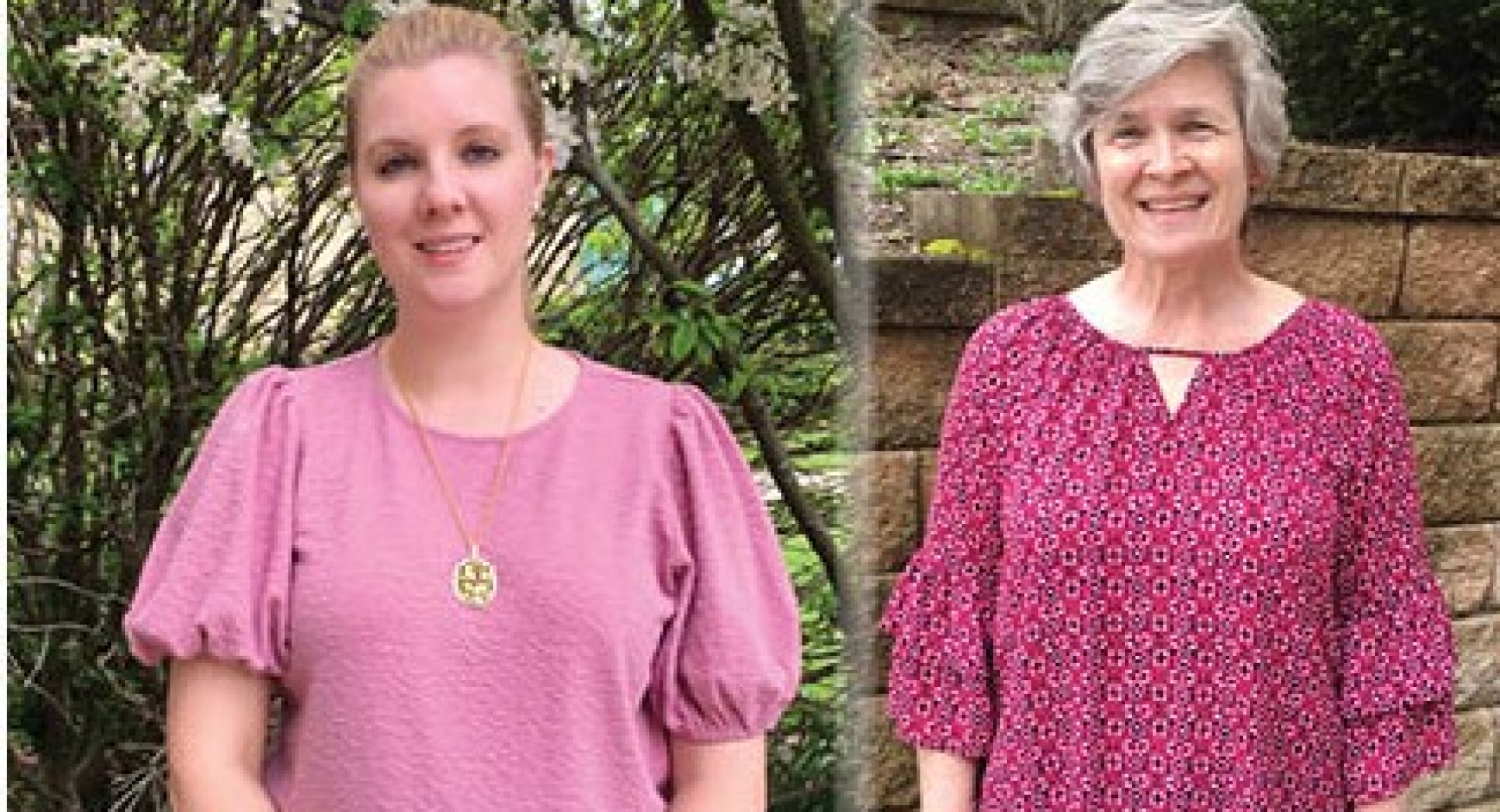Rainbow Bereavement Counselors Release Third Installment of Grief Blog

What defines us? It’s a question that has been asked often. When someone meets us for the first time, we are often peppered with questions about what we do, who we are partnered with, and whether we have kids and pets. Our culture loves to define people by where they are connected to, through love, and through work. Our contributions to our world are often seen through those connections. “Sally is a beautician and her Husband Carl builds houses. Their son Aaron is on the football team and is a straight A student.”
But what happens when a connection is broken? When unforeseen events change our definitions. COVID-19 brought that reality to many with jobs that were labeled “non-essential.” Suddenly Sally was no longer a beautician and she was applying for work at a local grocery store to make ends meet, Carl’s projects were put on hold, and Aaron struggled with virtual learning and being isolated from his friends. In just days the life they had built was redefined without their consent.
How do we know who we are when our roles have been rewritten? When someone’s husband dies, does she cease being a spouse? We use the term “widow” as a replacement. A new word that tells a story. It tells us that Mary was married to Richard for 50 years and he died. In COVID-19 the term “unessential” became the new definition. No longer needed. Like a wife whose husband has died and no longer needs her to be with him. Many were left wondering, “What do I do now that everything has changed?”
When faced with the loss of our familiar roles we may feel strong feelings of grief and inadequacy. We may question our self-worth and whether we have anything left to contribute. Worrying about our role in our families and communities. Wondering if we will still be valued and loved and respected in light of the changes. Powerless to change what has happened, we may find ourselves despondent and even dealing with depression as a result of the loss.
In these situations, it’s important to understand the loss is real and it’s good to mourn that loss. Often we downplay the very real feelings of grief that occur with job loss or transitions but it’s okay to feel what you are feeling about it. For many the loss of a job in COVID-19 was temporary but for others, a permanent transition from the role they played to a new one has left them grasping for answers about what the future holds.
A significant part of the grieving process is learning to live in the new role. Learning to live without our loved one, our job, our title. This agonizing process comes with no how-to manual or class that explains the steps for adjusting. The transition to life after loss often requires intentionally adapting our daily routines, pursuing new avenues of employment, and gathering support from family, friends, and our faith communities. By setting reasonable goals and taking things one day at a time, the transition to the new role can be managed by grieving the losses and slowly embracing the changes as they come.